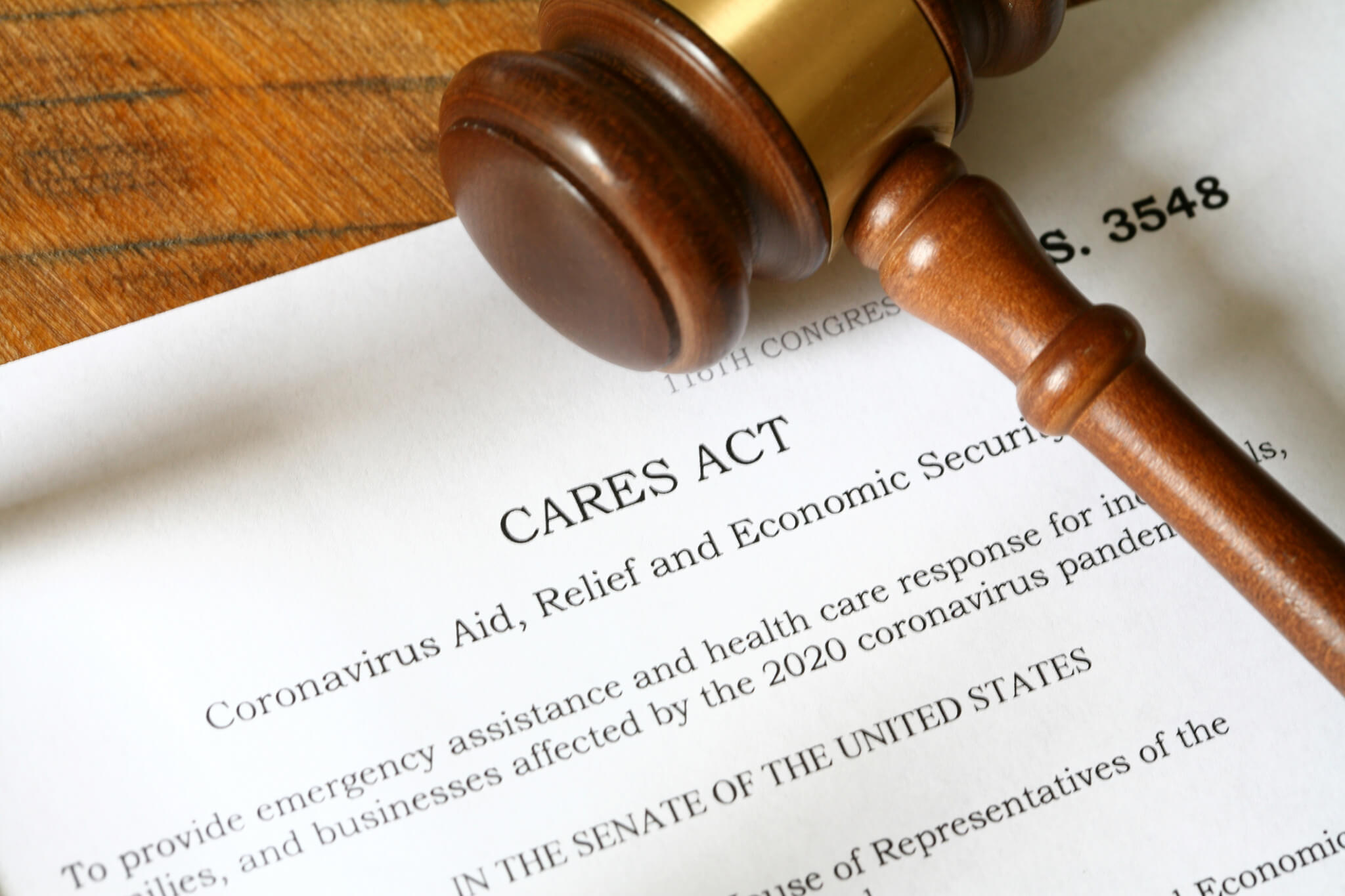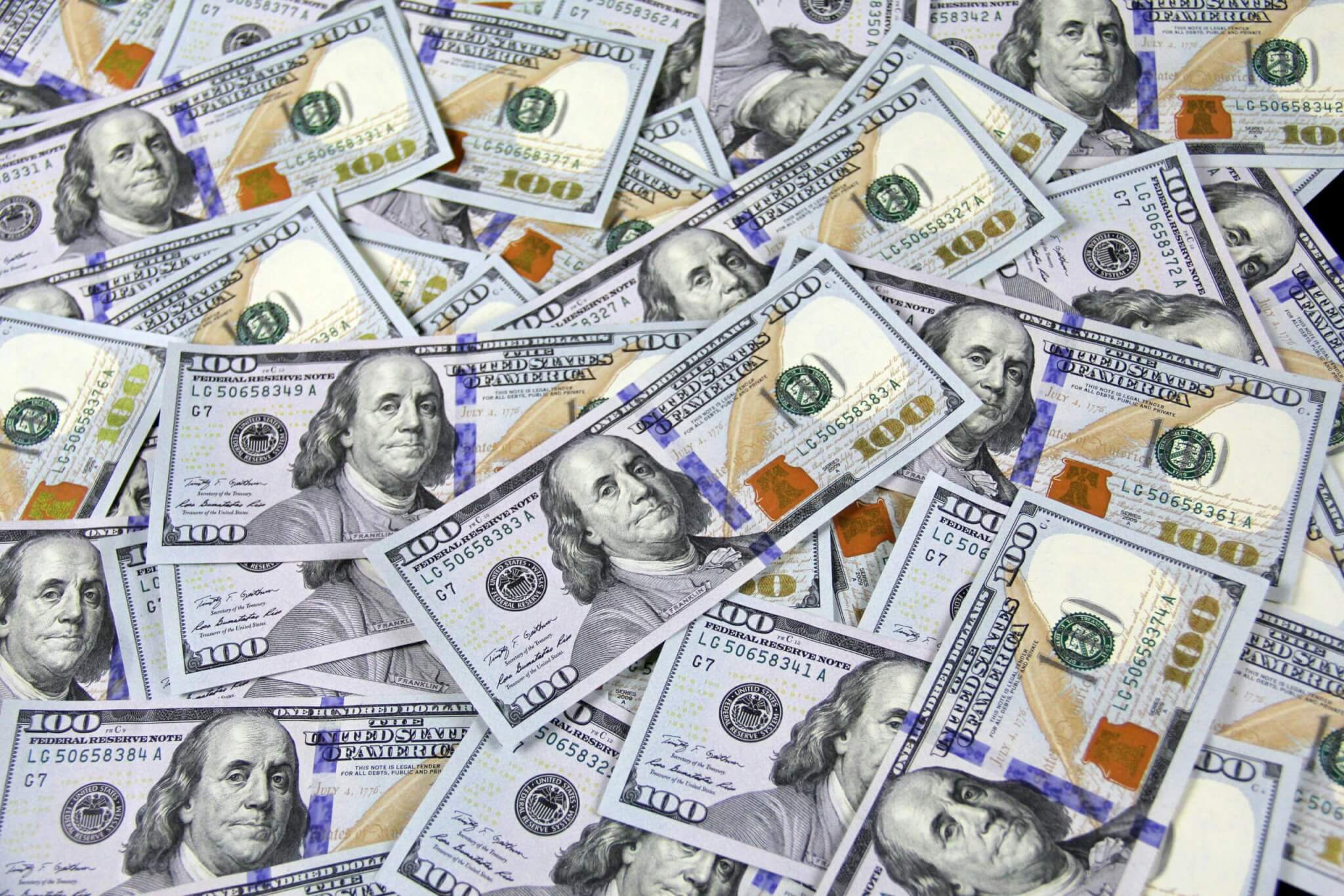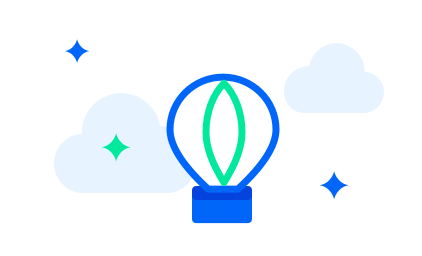Jul 09, 2025
5 min read
What Happens If You Miss a Business Loan Payment?
Business loans can be a critical source of working capital, helping...
Read story

Starting today, April 3, 2020, small businesses and sole proprietorships can apply for the Paycheck Protection Program (PPP) under the new Coronavirus Aid, Relief, and Economic Security (CARES) Act. In order to help small business owners navigate the new programs available to them, we have created the guide below to explain the Coronavirus Aid, Relief, and Economic Security (CARES) Act that was signed into law on March 27, 2020. The $2 trillion package will assist individuals, businesses, government agencies and state and local governments impacted by COVID-19.
With businesses across the entire nation feeling the effects of the COVID-19 crisis, the recently passed CARES Act is designed to alleviate the economic downturn of the coronavirus pandemic. Of the $2 trillion, roughly $350 billion have been allocated under the CARES Act for the Paycheck Protection Program (PPP). The PPP is a new type of SBA loan designed to help small businesses and nonprofits be able to continue to pay their employees during the COVID-19 epidemic.
Here’s are some of the most frequently asked questions about the PPP:
Paycheck Protection Loans are available for:
Up to 2.5 months of payroll costs with a maximum of $10 million
Payroll costs include: salary, wage, commission, or other compensation, payments of cash tips, payments for vacation, parental family, medical, or sick leave, allowance for dismissal, healthcare benefits (including premiums), retirement benefits and payroll taxes, but exclude compensation to any individual employee or contractor in excess of $100,000/year, and compensation to employees with primary residence outside of the United States.
The loans apply to costs incurred from February 15, 2020 through June 30, 2020.
Small businesses and sole proprietorships can apply for and receive loans starting today, April 3, 2020. Starting April 10, 2020, independent contractors and self-employed individuals can apply for and receive loans.
You can find the application here.
The program is open until June 30, 2020, however there is a funding cap, so it is recommended to apply as soon as possible.
The SBA will provide eight weeks of loan forgiveness for funds applied to payroll cost, mortgage interest, rent, and utility expenses between February 15, 2020 and June 30, 2020.
In addition to the PPP, the CARES Act also introduced an expansion of the SBA Economic Injury Disaster Loan (EIDL) Program, allocating $10 billion for these loans. An EIDL loan is a low-interest loan with a fixed rate of 3.75%. It can provide up to $2 million in assistance for small businesses to pay for emergency expenses. In the past, the EIDL program offered loans solely to business in areas of the country where federally declared disasters such as tornadoes or hurricanes have occurred. With the recent changes however, restrictions have been waived due to COVID-19 to allow businesses in all 50 states, Washington, D.C. and U.S. territories to apply for an EIDL loan.
Here’s a guide to some of the most frequently asked questions about the EIDL:
Economic Injury Disaster loans are for all SBA qualified small businesses and cooperatives with:
The interest rate for EIDLs is 3.75% for businesses and 2.75% for nonprofits.
Eligible businesses can receive up to $2 million, based on the actual economic injury determined by SBA.
The SBA provides businesses with immediate, emergency funding of up to $10,000 once the application has been reviewed and eligibility has been verified. This amount does not need to be repaid.
EIDLs are only available until 12/31/20.
At SBG Funding, we recognize that these are unprecedented times and we’re here to help however we can. The situation is constantly evolving, and navigating loan options can be complex and overwhelming. That’s why we’ll be adding new information and resources for small business owners impacted by COVID-19 on our blog as soon as it becomes available. As always, SBG Funding is dedicated to providing unparalleled support and in-depth financial proficiency to help you make the best decision for your business’s future.

Jul 09, 2025
5 min read
Business loans can be a critical source of working capital, helping...
Read story

Jun 18, 2025
5 min read
A personal guarantee is a legally binding promise made by a...
Read story

Jun 12, 2025
3 min read
Running a business means understanding your numbers. One of the most...
Read story

A funding specialist will get back to you soon.
If you can’t hang on then give us a call at (844) 284-2725 or complete your working capital application here.